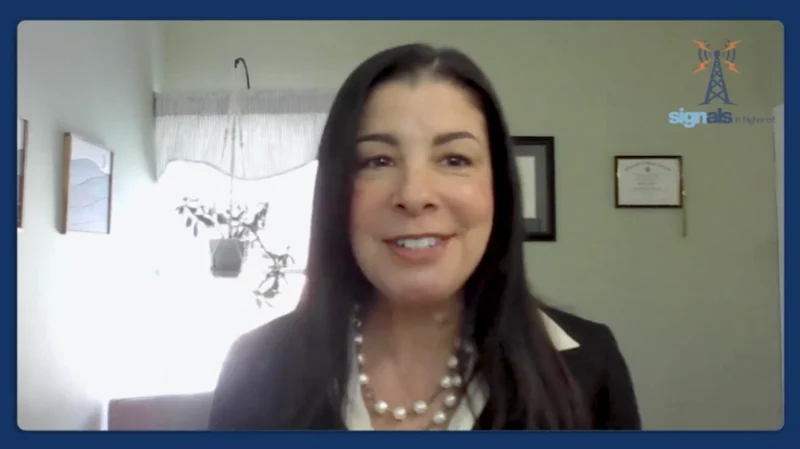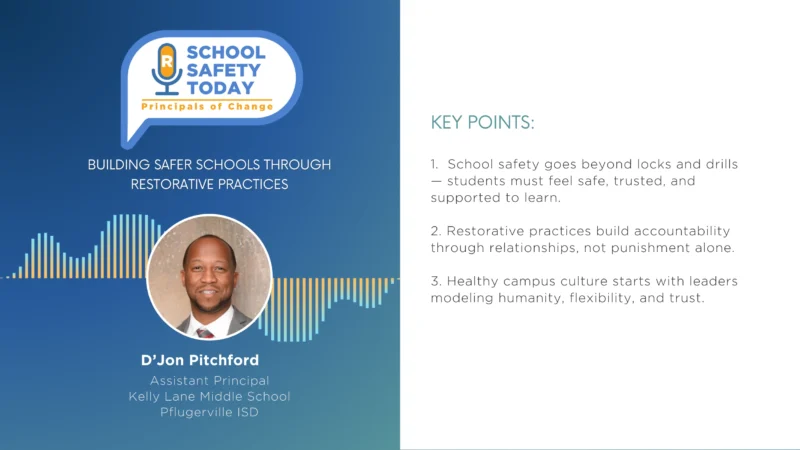Exploring Strategic Scheduling with Timely: A Key to Managing Educational Fiscal Challenges
Author: Michael Horn
Educational institutions today are facing a financial precipice, with declining enrollments and funding cuts. Many schools are struggling to adapt to these fiscal pressures, highlighting the need for transformative solutions. This scenario raises an urgent need for innovative strategies like strategic scheduling to manage resources efficiently.
What innovative approaches can districts adopt to navigate these financial challenges effectively? This is the core question addressed in the latest episode of “The Future of Education.” Host Michael Horn welcomes Paymon Rouhanifard, Co-Founder & CEO of Timely, to explore this pressing issue. The discussion revolves around strategic scheduling and resource management as key tools for districts facing fiscal difficulties.
Key points from the episode include:
1. The critical role of strategic scheduling in optimizing resource allocation in schools.
2. How Timely’s innovative software assists districts in aligning schedules with academic and financial priorities.
3. A case study from Lubbock ISD in Texas, demonstrating the practical application and benefits of Timely’s approach.
Guest Paymon Rouhanifard brings a wealth of experience in educational leadership, including his tenure as the superintendent of Camden, New Jersey. He has been instrumental in developing Timely, a sophisticated scheduling tool that addresses key challenges in educational resource management.
Article written by MarketScale.




